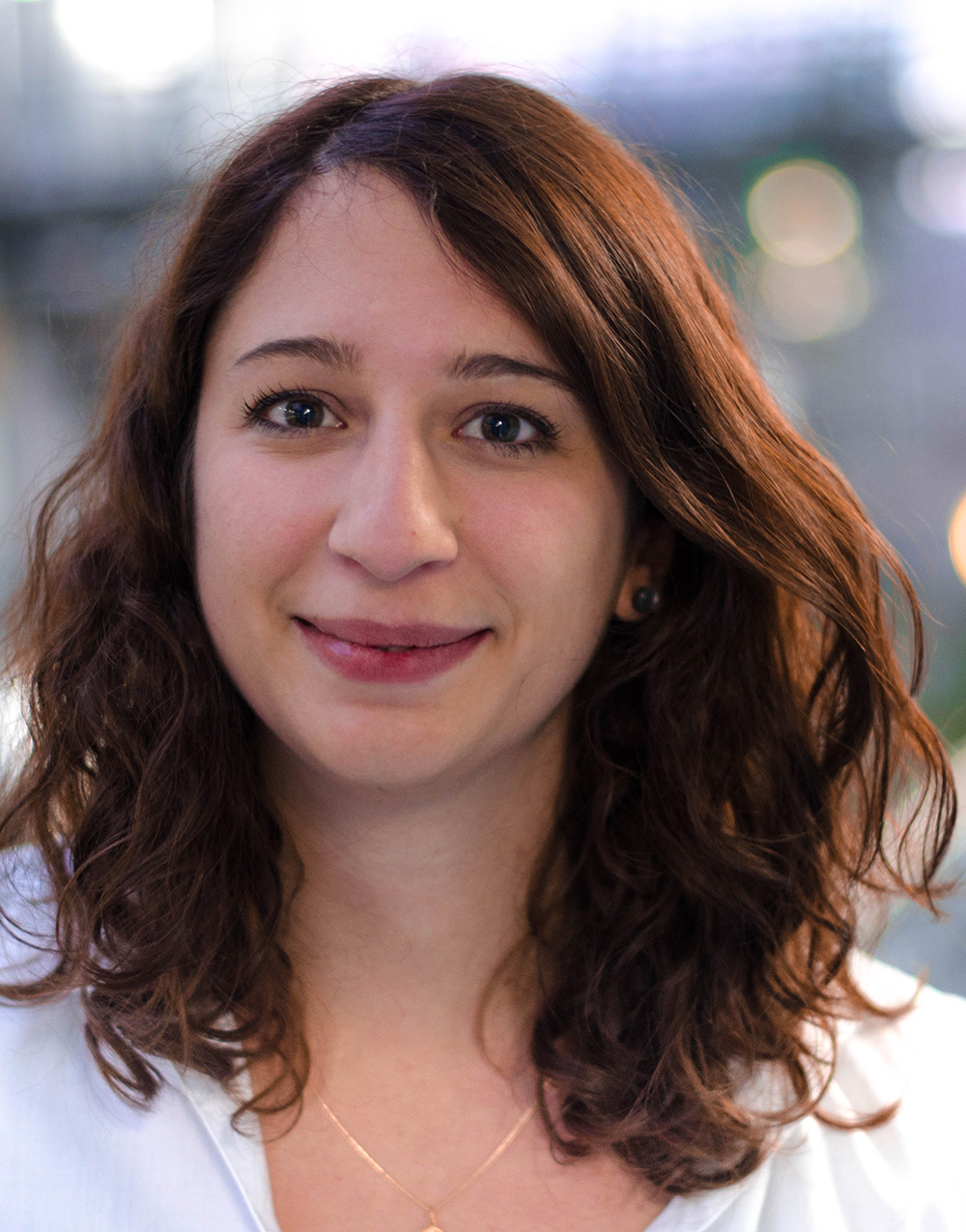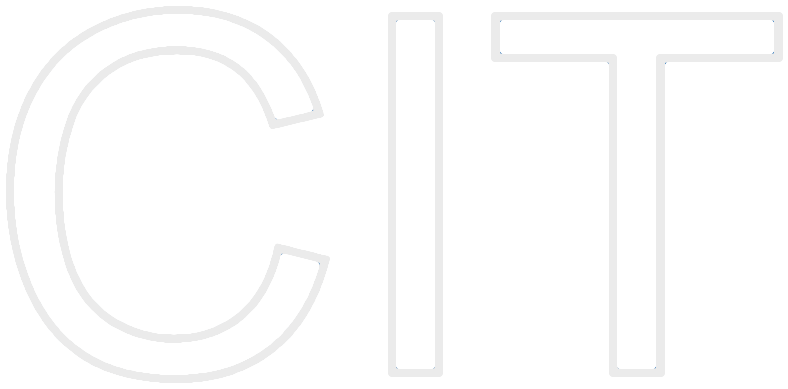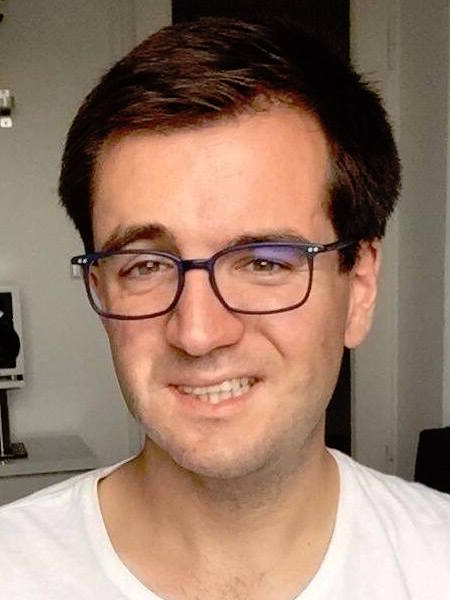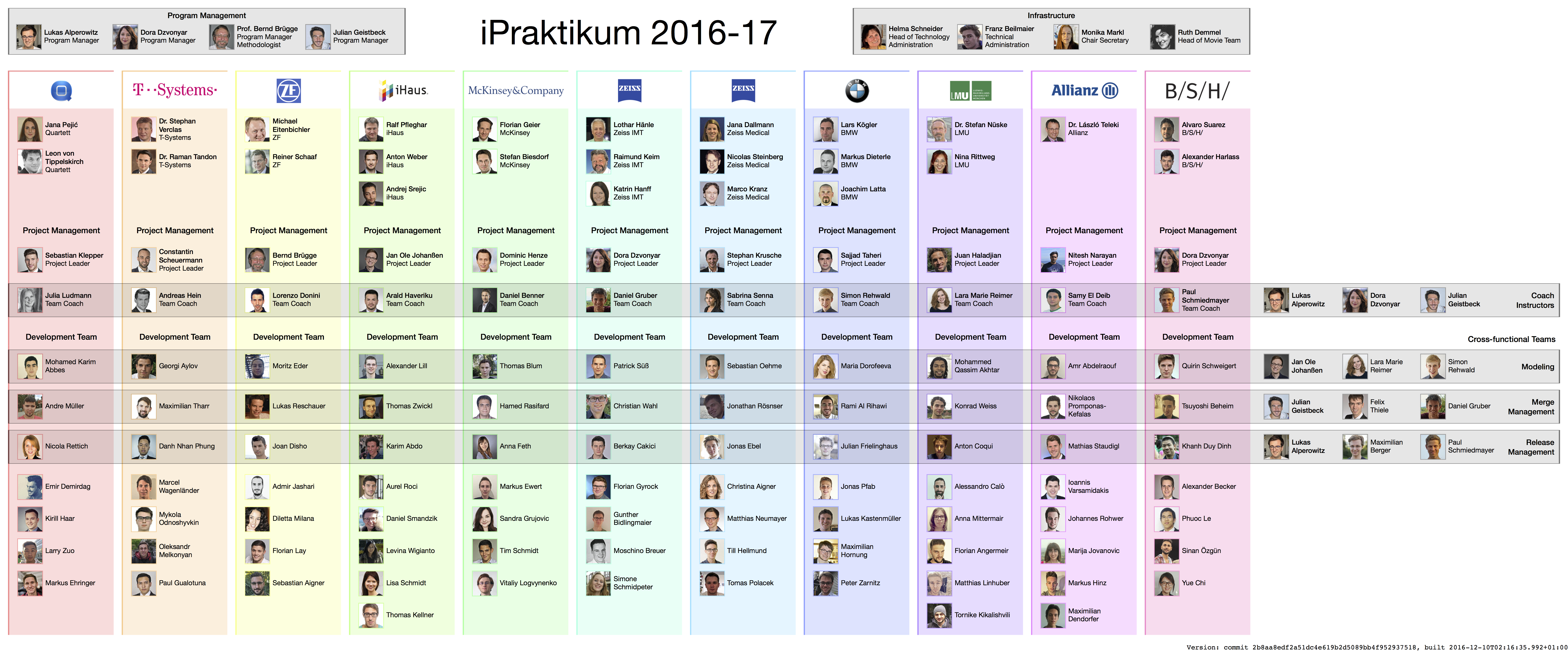|
|
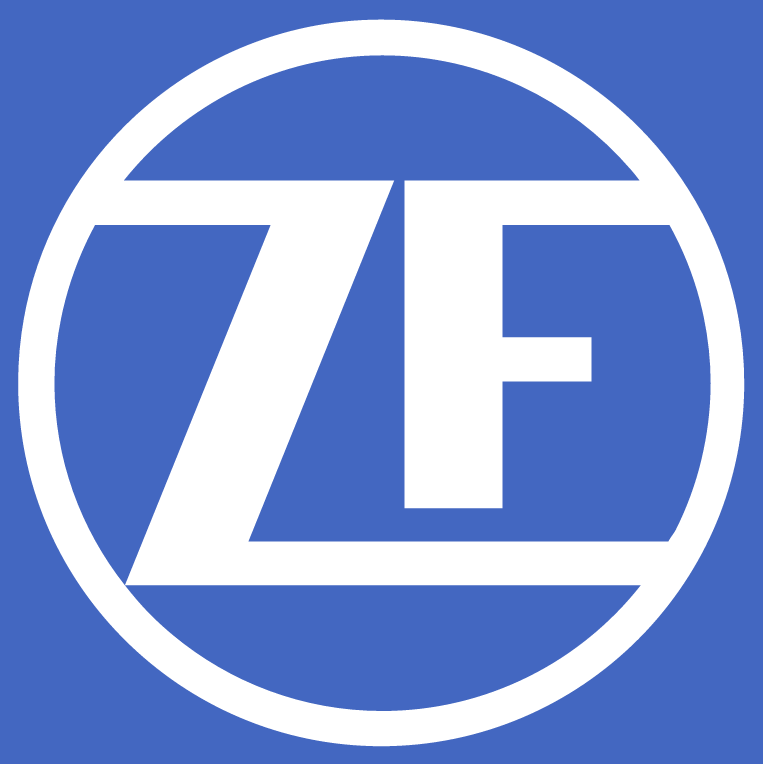
Project: Zafety
Zafety is an in-car monitoring system that detects dangerous driver and passenger behaviours in order to make driving safer and improve overall driving behaviour. By leveraging in-car sensors and cameras, a dedicated on-board processing unit watches over the people inside the car and performs a context-aware situation assessment, warning the driver via an iOS app in case of imminent danger.
Additional machine learning techniques allow Zafety to take advantage of data-sets for recognizing objects that can be a distraction to the driver. After a drive has ended, tailored reports are made available and the driver can review his/her driving performance.
Team members: Bernd Bruegge (Project Leader), Lorenzo Donini (Coach), Moritz Eder, Florian Lay, Diletta Milana, Lukas Reschauer, Admir Jashari, Joan Disho, Sebastian Aigner
Customers: Michael Eitenbichler, Reiner Schaaf
|
|
|

Project: iBonus
iBonus aims at encouraging good driving behaviour among drivers. Driving behaviour is monitored with the focus on utmost privacy. While monitoring driving behaviour, data is never stored outside of the drivers smartphone. As an additional step, a driver can configure the iBonus to not monitor the beginning and start of a trip. Based on the driving behaviour, drivers can avail insurance discounts from Allianz.
Team members: Nitesh Narayn (Project Leader), Samy El Deib (Coach), Johannes Rohwer, Amr Abdelraouf, Ioannis Varsamidakis, Nikolaos Promponas-Kefalas, Mathias Staudigl, Markus Hinz, Marija Jovanovic, Maximilian Dendorfer
Customers: Dr. László Teleki
|
|
|

Project: EMMA
EMMA is a meeting assistant mobile application that servers as a minute taker and issue creator by recording a meeting interchange. It features meeting transcript generation as well as summary and task extraction. It also provides a simple & clean user interface that allows users to manage their meetings; such as create a meeting and show tasks.
Team members: Sajjad Taheri (Project Leader), Simon Rehwald (Coach), Peter Zarnitz, Maximilian Hornung, Rami Al Rihawi, Maria Dorofeeva, Lukas Kastenmüler, Julian Frielinghaus, Jonas Pfab
Customers: Lars Kögler, Markus Dieterle, Joachim Latta
|
|
|

Project: Scentdipity
With Scentdipity you can create custom fragrances to bring every scent you imagine to reality. The Scentdipity machine uses capsules that contain chords, and the corresponding app makes it easy to experiment and find the fragrance that fits your personality.
Team members: Dora Dzvonyar (Project Leader), Paul Schmiedmayer (Coach), Alexander Becker, Yue Chi, Tsuyoshi Beheim, Quirin Schweigert, Sinan Oezguen, Khanh Duy Dinh, Huu Phuoc Le
Customers: Alvaro Suarez, Alexander Harlass
|
|
|
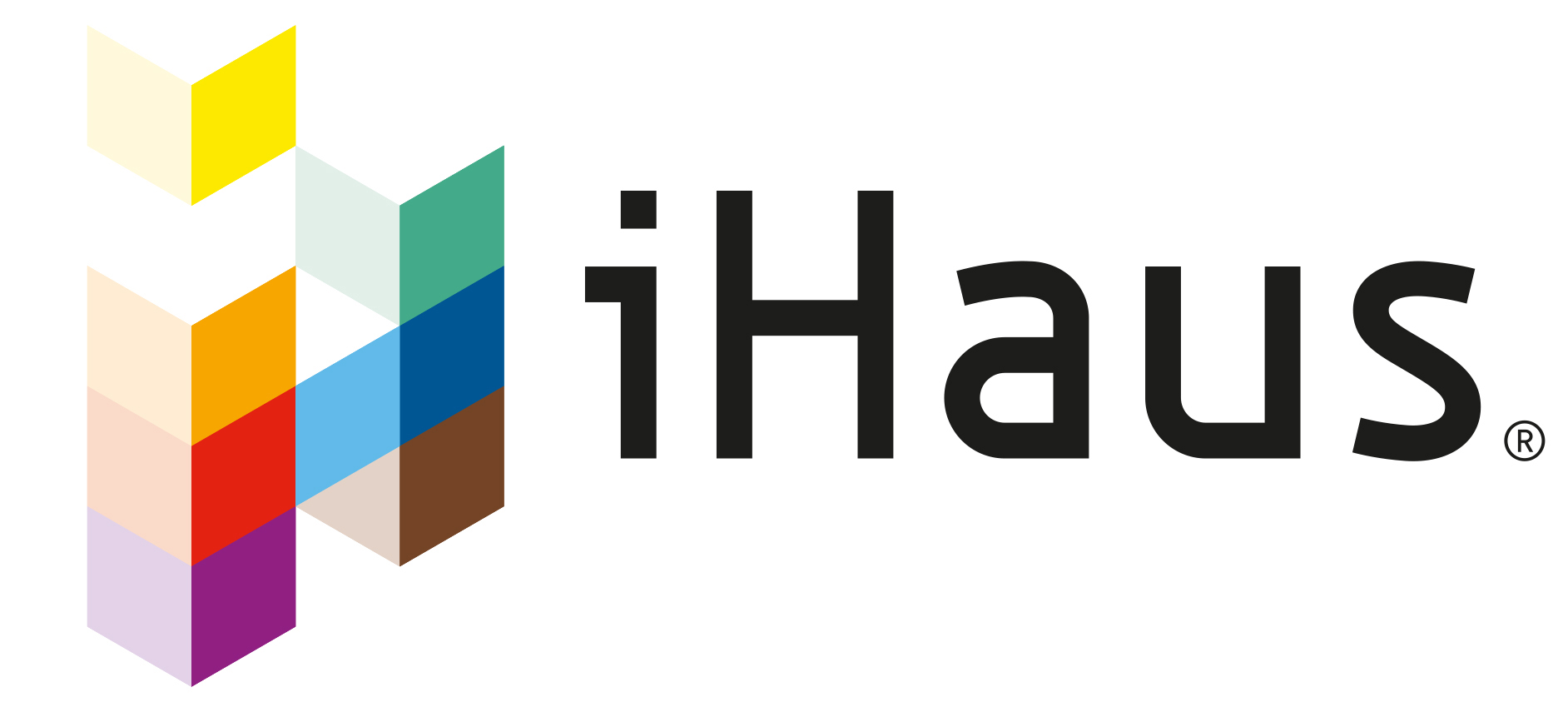
Project: Mode
iHaus Mode is an intelligent system that automates the management of energy in smart homes—a process that becomes increasingly complex. A mobile application allows occupants to choose between four modes: Eco, High Availability, Money Saving, or Vacation. Depending on their selection, the iHaus Mode Brain takes decisions on how to manage energy. For instance, it prefers solar energy or reduces non-required energy consumption to a minimum. Furthermore, iHaus Mode informs occupants about the house status and enables manual adjustments.
Team members: Jan Ole Johanßen (Project Leader), Arald Haveriku (Coach), Thomas Zwickl, Aurel Roci, Thomas Kellner, Alexander Lill, Daniel Smandzik, Lisa Schmidt, Levina Wigianto Karim Abdo,
Customers: Ralf Pfleghar, Anton Weber, Andrej Srejic
|
|
|
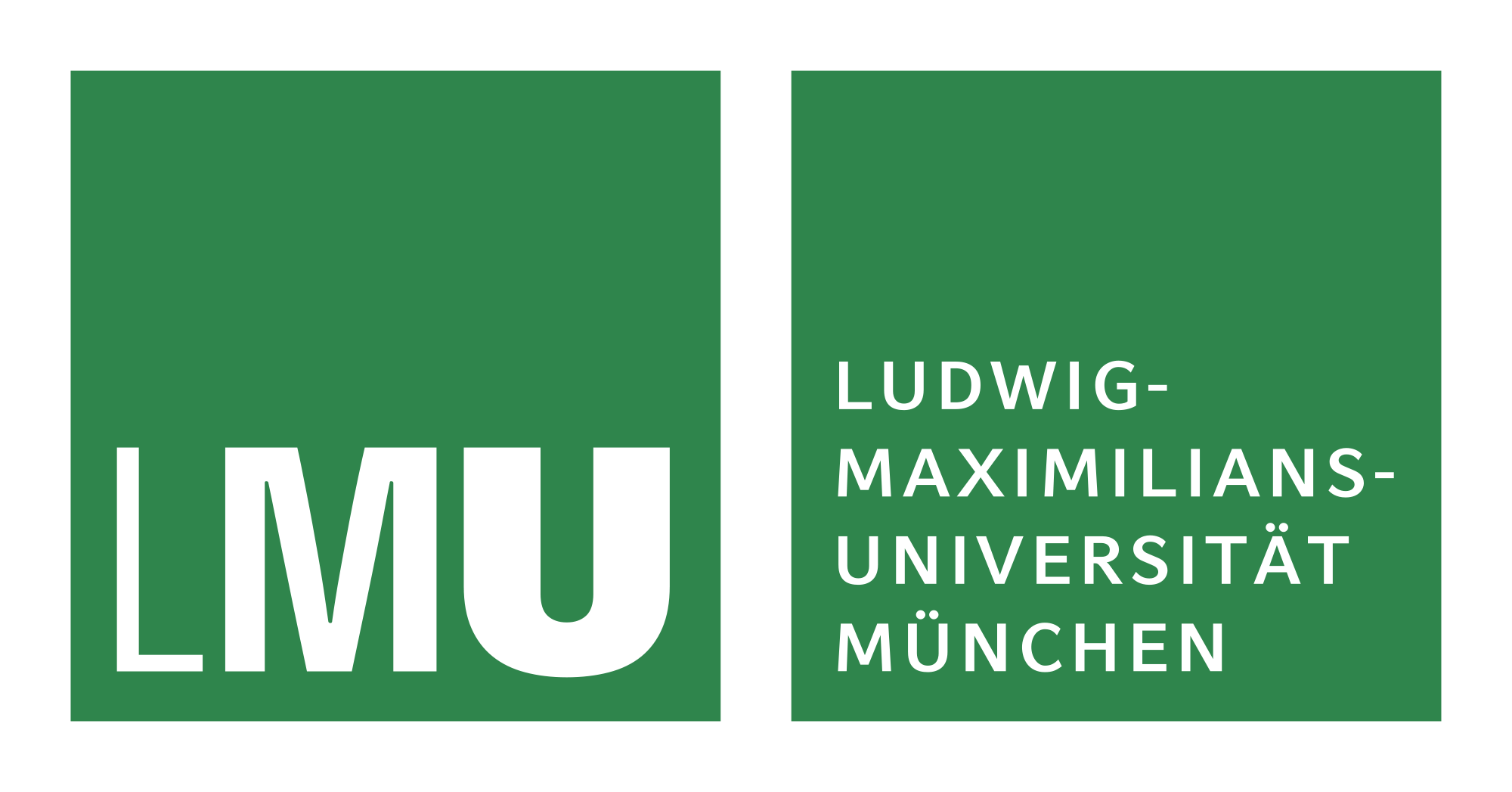
Project: iCow
iCow is a sensor system to detect lameness in cows. A pressure plate installed in stables measures cow weight distribution while walking. A motion sensor uses machine learning to detect deviations from a cow's usual gait. An iPad app notifies farmers and veterinary doctors and enables them to monitor cows' health condition in large herds.
Team members: Juan Haladjian (Project Leader), Lara Marie Reimer (Coach), Anna Mittermair, Konrad Weiss, Mohammed Qassim Akhtar, Florian Angermeir, Matthias Linhuber, Tornike Kikalishvili, Anton Coqui Alessandro Calo,
Customers: Dr. Stefan Nüske, Nina Rittweg
|
|
|

Project: Nutrinator
Nutrinator is a health application specifically made for patients suffering from malnutrition. Patients can collect their daily health parameters such as weight, body mass composition, steps and grip strength through provided sensors. This collected data can then be looked into, and a health report for the patient’s overall development is provided. Nutrilizer is a health monitoring application solely made for health care professionals. A nurse can view supervised patients, and look into their health dashboards. The nurses are also able to adjust certain health thresholds if needed, and can add patients through searching or scanning their personal QR Codes.
Team members: Dominic Henze (Project Leader), Daniel Benner (Coach), Hamed Rasifard, Tim Schmidt, Anna-Christin Feth, Markus Ewert, Sandra Grujovic, Thomas Markus Blum, Vitaliy Logvynenko
Customers: Florian Geier, Stefan Biesdorf
|
|
|
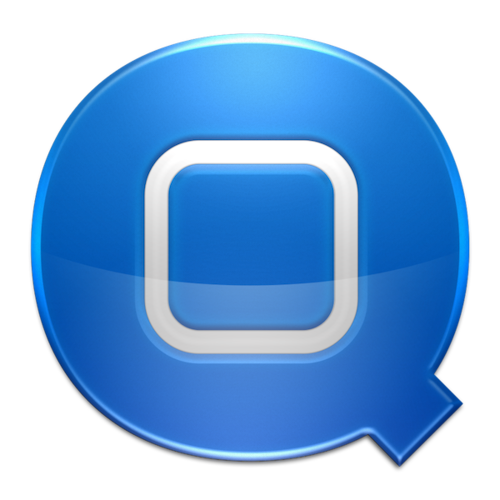
Project: Incar Gaming
RoadTrip is an IOS Multiplayer game for Apple’s CarPlay interface, allowing people to play a combination of mini games inside the car. RoadTrip shortens travel time by making the road experience enjoyable without a trade-off of safety. With RoadTrip, you will never worry about keeping your kids busy or getting bored during a car ride.
Team members: Sebastian Klepper (Project Leader), Julia Ludmann (Coach), Mohamed Abbes, Larry Zuo, Kirill Haar, Andre Müller, Emir Demirdag, Nicola Rettich, Markus Ehringer
Customers: Jana Pejić, Leon von Tippelskirch
|
|
|

Project: JARV!S
Smart textiles and e-textiles emerge in research and industries. Currently, textile developers test their products mostly in lab environments. External validity of such tests is low. Developers of textiles lack information about how users handle their products in-field. JARV!S is an e-textile that enables textile developers to gather in-field data about the developed textiles in real-time. JARV!S collects sensor data such as temperature, pressure and humidity and provides it to users and developers of the textile. It is a modular system applicable to different textiles. It offers different views that visualize the measured data to users and developers.
Team members: Constantin Scheuermann (Project Leader), Andreas Hein (Coach), Paul Esteban Gualotuna Collaguazo, Georgi Aylov, Danh-Nhan Phung, Maximilian Tharr, Mykola Odnoshyvkin, Oleksandr Melkonyan, Marcel Wagenländer
Customers: Dr. Stephan Verclas, Dr. Raman Tandon
|
|
|
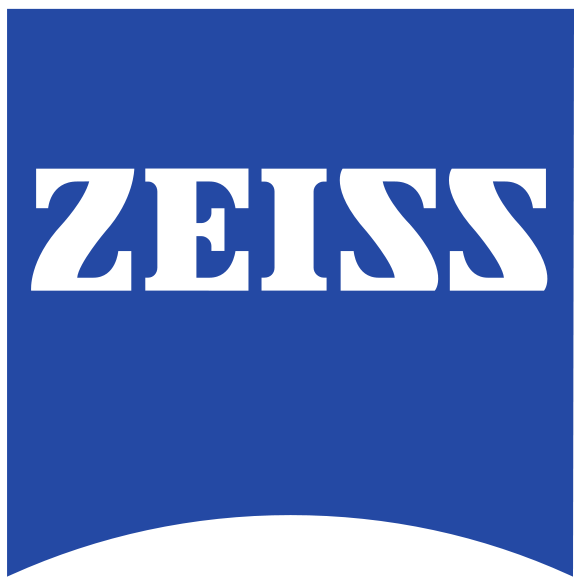
Project: ZIMTlog
ZIMTlog is an app that helps Zeiss employees to understand what happens to their expensive, sensitive machines during transportation. A shock and temperature sensor collect data and provide it to the app which then visualizes the most critical values. This gives an easy overview of the transport and can help to localize the broken parts.
Team members: Dora Dzvonyar (Project Leader), Daniel Gruber (Coach), Florian Gyrock, Moschino Breuer, Simone Schmidpeter, Christian Wahl, Gunther Bidlingmaier, Patrick Suess, Berkay Cakici
Customers: Lothar Hänle, Raimund Keim, Katrin Hanff
|
|
|
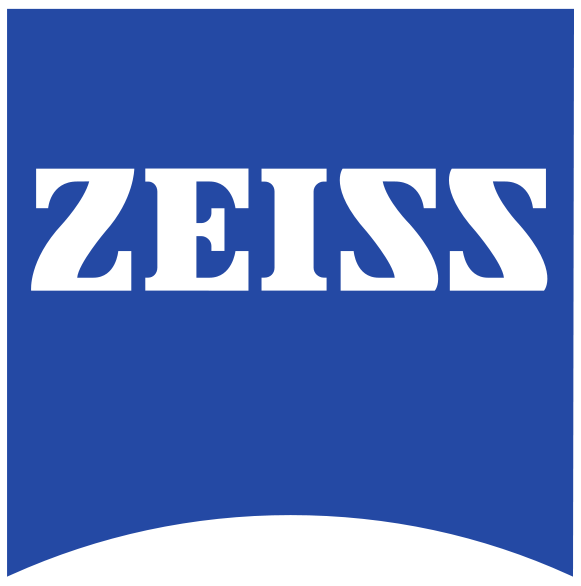
Project: Zeyes
Zeyes is a multilingual iOS app that helps sales representatives of ZEISS and their customers, surgeons to automatically count the available medical products using bar codes or RFID tags and to order new medical products. The main purpose is to make the work easier, faster, more accurate and less paper-based as well as less error-prone. Zeyes was rolled out in Mexico and Germany and is already used by many customers.
Team members: Stephan Krusche (Project Leader), Sabrina Leme Senna (Coach), Sebastian Oehme, Tomas Polacek, Jonathan Rösner, Till Hellmund, Christina Aigner, Matthias Neumayer, Jonas Ebel
Customers: Jana Dallmann, Nicolas Steinberg, Marco Kranz
|
